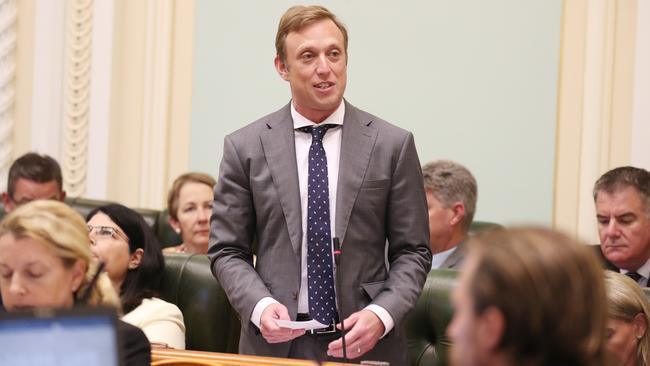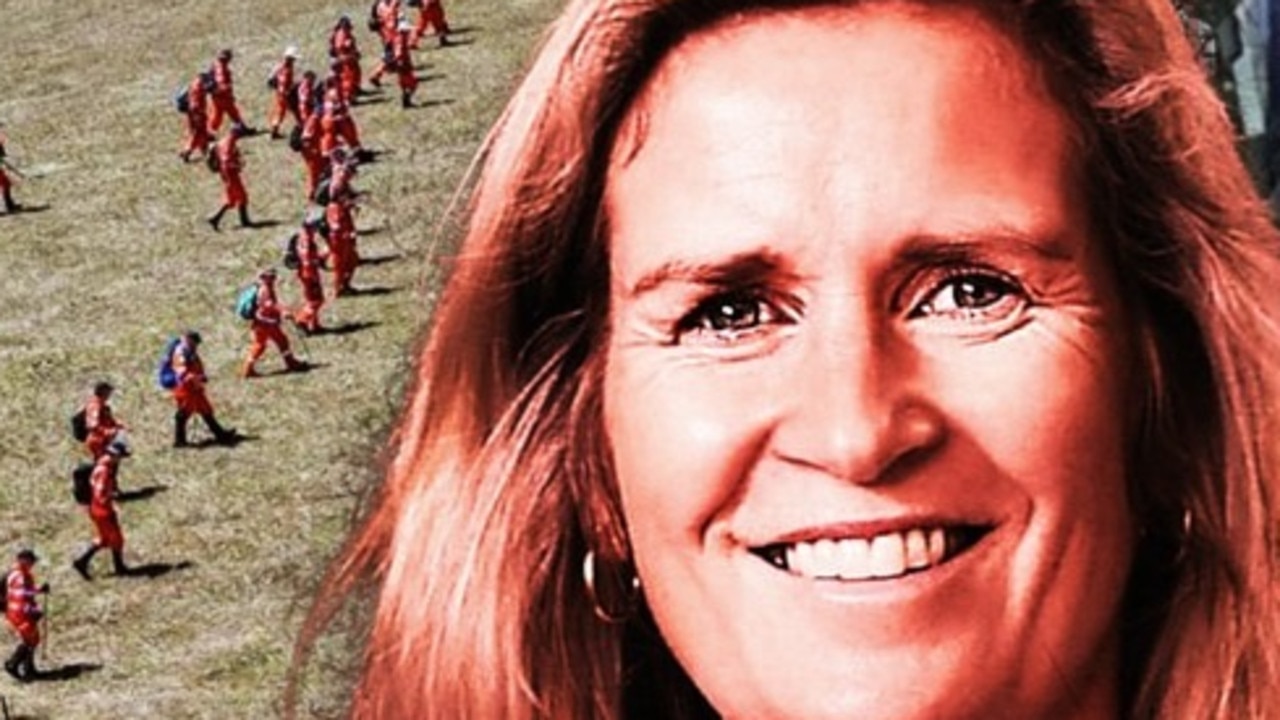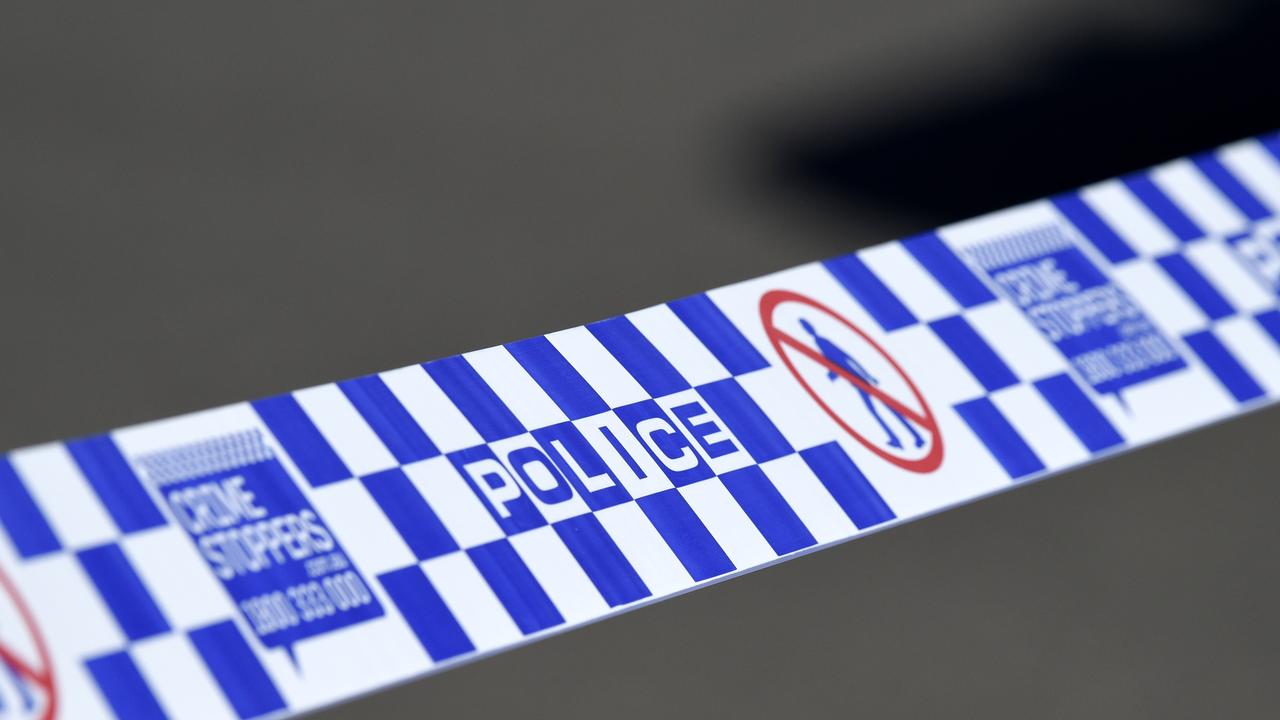‘LGBTQ conversion therapy’ ban misfires
Australia’s first draft law to criminalise ‘LGBT conversion therapy’ has suffered a setback.

Australia’s first draft law to criminalise so-called “LGBT conversion therapy” has suffered a setback and forced a tacit admission that medical bodies were not properly consulted and the LGBT community is sharply divided over transgender rights.
On Friday, a parliamentary committee in Queensland urged a reworking of the Palaszczuk government’s conversion therapy ban to make clear exactly what practices would send clinicians and therapists to prison for a maximum of 18 months.
The committee, where Labor has a majority with Green support, stressed the need to consult doctors and “all sections” of the LGBT community on amending the legislation. The Australian Medical Association Queensland and lesbian activists, along with well-known psychiatrists and Christian groups, were prominent critics of the bill.
Conversion therapy bans have been promoted as a unified LGBT project by human rights organisations and lobbies such as Equality Australia, whose support for self-identified trans status has angered dissenters concerned about rights and protections for lesbians, women and children.
Last November Health Minister Steven Miles said the government was proud to lead the fight against “gay conversion therapy”, rejecting “the notion that LGBTIQ people are broken or sick”.
“There is overwhelming evidence that conversion therapy is harmful and that it correlates with high rates of suicide,” the minister said when introducing the Health Legislation Amendment Bill.
It would criminalise not only unethical practices to undo an adult’s fixed sexual orientation but also any attempt to “change” the inherently changeable “gender identity” of under-18s — unless this involved pro-transgender “affirmative” treatment.
Critics argue that cautious responses to children and teenagers who believe they were “born in the wrong body” could be outlawed at a time of intense global debate about the safety and ethics of “affirmative” hormonal treatment and surgery.
The committee acknowledged a host of submissions warning the bill was poorly drafted and based on scant evidence of any real conversion therapy today.
Opponents say the bill could shut down legitimate treatment options for young people diagnosed with gender dysphoria (distress at conflict between their body and inner “gender identity”), and entrench affirmative gender change as an officially sanctioned form of conversion therapy. Queensland Health denies these claims and stands by the legislation.
Kim Oates, an emeritus professor of medicine from the University of Sydney, urged Queensland “not to oblige therapists to pursue (sometimes deleterious) hormonal intervention as the only form of intervention and to permit psychotherapeutic support for selected cases (of gender dysphoria), as this has been shown to be effective”.
Before the rise of the affirmative model, the vast majority of young children diagnosed with gender dysphoria grew out of it, emerging as gay, lesbian or bisexual adults happy in their bodies.
Since the mid-2000s, there has been an explosion of teenage onset cases in gender clinics around the world. And an increasing number of regretful young adult “detransitioners”, most of them female, are emerging to complain that gender change had suppressed their same-sex attraction.
The Coalition of Activist Lesbians (Australia) took a stand against Queensland’s draft law and its conflation of sexual orientation and gender identity.
“This results in significant tension in the bill, because harsh medical treatments are outlawed for sexual orientation conversion, while extreme surgery and dangerous hormones are condoned and supported for children, in the case of gender identity,” COAL said.
The group also objected to the “disrespectful and unacceptable” redefinition of same-sex attraction as involving two people with the same subjective “gender identity”, a manoeuvre which allows biologically intact males to self-identify as lesbians.
“LGBTIQA+ conglomerates” were not representing lesbian views.
Concern about the self-identified trans agenda and risky medical interventions with minors has created an unlikely alliance of clinicians, parents, detransitioners, LGB people, transsexual adults, Christians and conservative politicians.
Some on the religious right, especially in the US, opposed same-sex marriage, while others worried about the youth gender clinics are secular, pro-LGBT and progressive in their politics, leading to soul-searching about the implications of this pragmatic alliance.
Meanwhile, this year’s Sydney Gay and Lesbian Mardi Gras has cancelled a lesbian event.
A New York-based lesbian, Arielle Scarcella, whose LGBT YouTube channel has 634,000 subscribers, was listed to appear on a February 27 lesbian sexuality panel but the Sydney queer activist known as Professor Pauline Pantsdown complained Ms Scarcella “portrays transgender women as predatory rapists and borrows anti-trans tropes from the far right”.
Ms Scarcella tweeted: “Can you guys tell @sydneymardigras how insane this is? Calling me ‘right-wing’ (I'm not. Also, it's not a bad thing). And saying I portray trans women as rapists because I posted ONE video calling out MEN for abusing self-ID”.
In a tweet, Mardi Gras organisers acknowledges the tip from Professor Pantsdown (a satirical persona of University of NSW media arts lecturer Simon Hunt) and says the event has been struck from the festival listings.
Women’s groups argue the risks involved in official acceptance of self-identified trans status are already on show with biological males convicted of serious crimes, including sexual offences, being shifted as “trans women” to female-only prisons. There are surgically-reassigned transsexuals who say uncontrolled self-ID trans is difficult to reconcile with protection of women and children.
The Brisbane-based trans man and drag queen Johnny Valkyrie, whose Drag Story Time event for children at the Brisbane Square Library in January was disrupted by Liberal National Club university students chanting “drag queens are not for kids”, launched a change.org petition to deplatform Ms Scarcella from the Mardi Gras. (One of the LNP students, Wilson Gavin, who was openly gay, took his own life less than 24 hours after a torrent of online abuse and denunciation.)
The Sydney Les-Talk panel event with Ms Scarcella is scheduled to go ahead, but not as part of the festival. The Mardi Gras was contacted for comment.
‘Rushed consultation’
In the debate over Queensland’s controversial draft law, a key question was whether or not Mr Miles’s 2018 conversion therapy roundtable — which reportedly shaped the government’s policy — represented a wide range of opinion and expertise.
The LGBTI Legal Service Inc, which backed the Queensland bill, was among activist bodies at the roundtable but it has emerged that no mainstream medical organisations were present, despite a Queensland Health claim to the contrary. The government has been criticised for rushing the legislation, staging the consultation period during the summer holidays with a January 6 deadline.
In a dissenting report on the conversion therapy bill, the two Liberal National Party MPs on the six-strong parliamentary committee said there was “little value” in seeking to redraft the contentious provisions, which should be abandoned or voted down. That part of the bill was described as “almost hopelessly unworkable” by the Queensland Law Society.
Queensland’s one-house parliament has 18 sitting days before the October 31 state election, and some commentators see the radical left faction of Treasurer Jackie Trad as a political liability.
In January, Premier Annastacia Palaszczuk intervened to kill off an Education Department plan for “modern state-of-the-art” gender-neutral toilets in an $80 million new high school in Brisbane.
Critics say this trans-friendly trend poses a risk to girls negotiating puberty, menstruation and body image issues.
“I will be making it very clear that you should have toilets for boys and girls,” Ms Palaszczuk said.



To join the conversation, please log in. Don't have an account? Register
Join the conversation, you are commenting as Logout